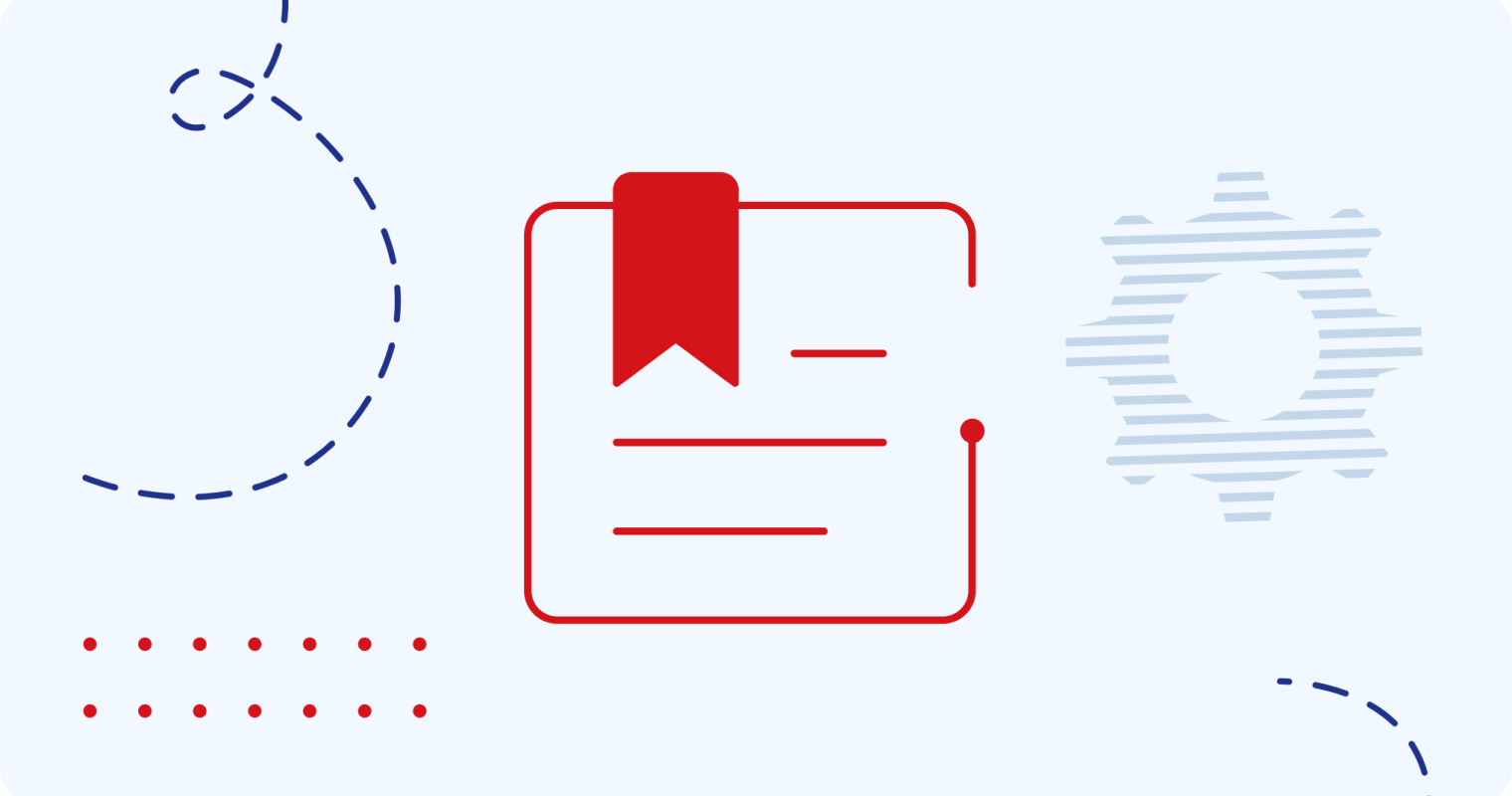



Target Group(s)
University teachers in STEM, engineering, or management disciplines, Curriculum developers and academic coordinators, Educators introducing innovation, design thinking, or real-world challenges into their classrooms, Institutions aiming to modernize higher education through experiential learning
Product’s Aim(s)
To provide educators with a practical, replicable model for integrating Design Thinking and PBL into their syllabus, enhancing student engagement, real-world application, and development of 21st-century competencies.
Description
The Reference Model for “DT meets STEM” – Syllabus Transformation is a comprehensive manual created to help educators reimagine traditional university courses through the integration of Design Thinking (DT) and Project-Based Learning (PBL). Developed within the Teach to Be Aware Students project, this resource supports instructors in transitioning from content-focused delivery to an engaging, challenge-driven, and student-centered approach.
Using a real university course as a model, the guide includes everything from goal-setting and curriculum design to team management, evaluation, and student reflection. Whether you’re updating a course in engineering, business, or any STEM-related field, this tool equips you with a ready-to-apply transformation pathway.
Use Cases
- Redesigning existing university syllabi to include DT and PBL approaches
- Faculty development programs aiming to boost innovation in teaching
- Hands-on learning integration in courses on business process design, organizational change, or applied STEM topics
- Collaborative projects involving real firms or societal challenges
- Accreditation and quality enhancement initiatives seeking to improve employability and learning outcomess
Product Elements
- Step-by-step syllabus transformation guide, including:
- Setting SMART learning goals
- Designing meaningful, real-world challenges
- Structuring the course around DT phases: Empathize, Define, Ideate, Prototype, Test
- Embedding flexibility, experimentation, and reflection
- Updated syllabus template based on a real Master’s-level course
- Class-to-class organizational plan with weekly activities, readings, and milestones
- Student missions with descriptions, outcomes, and assessment guidelines
- Miro board templates for collaboration and project tracking
- Evaluation framework combining project performance, reflection, and exams
Related Posts


Empowering Students’ Awareness for a Personalized Career Development (Monograph)
Explore this in-depth monograph to discover how universities can guide students toward meaningful careers through personalized development paths grounded in self-reflection, identity formation, and future-focused action.


DT Meets STEM Training Program
Reimagine your teaching with the power of Design Thinking! This hands-on training equips STEM educators to redesign courses, engage students through real-world challenges, and foster essential 21st-century skills.


The Set of Concepts Developed by Professors during the DT Meets STEM Training Program
Discover how university educators revolutionized their teaching with Design Thinking. This inspiring collection of real course transformations shows you how to embed creativity, empathy, and innovation into your syllabus.